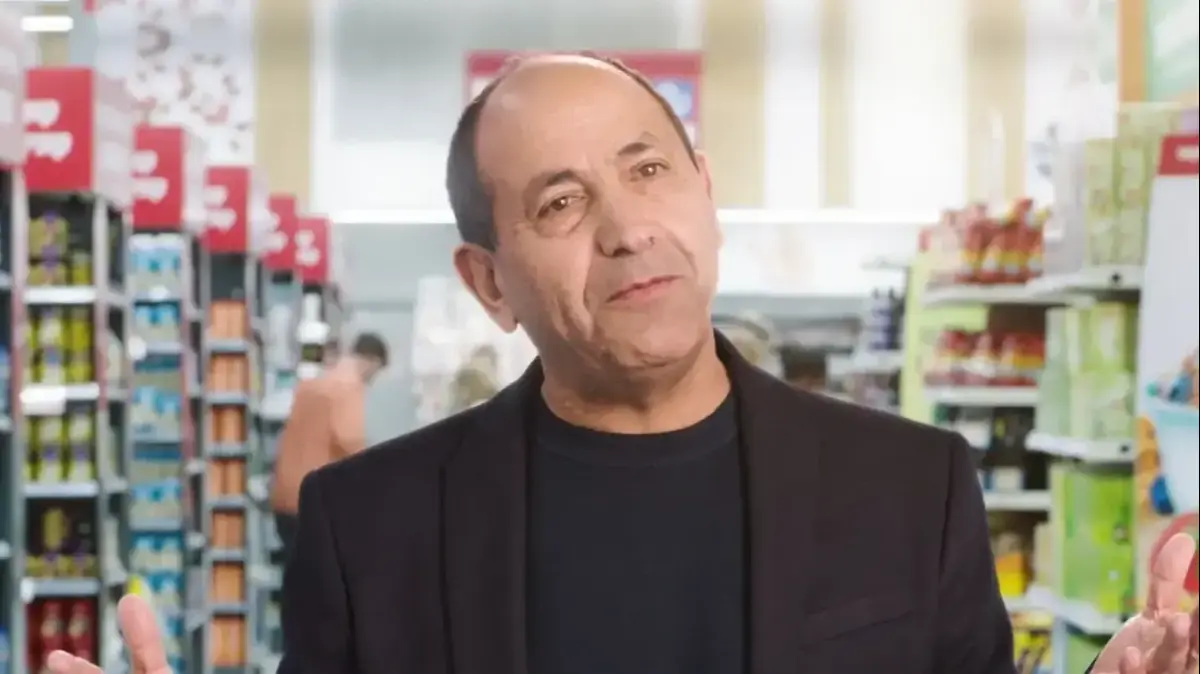Cash registers do not want to continue financing the health kiosk
Created: 09/22/2022, 16:07
View of the health kiosk in the Billstedt district.
© Marcus Brandt/dpa/archive image
The replacement funds Barmer, DAK and Techniker Krankenkasse have canceled the financing of the health kiosk in Hamburg, which serves as a nationwide model project.
The costs of the kiosk, which gives health advice to people in the socially disadvantaged districts of Billstedt and Horn, would not be borne beyond the end of the year, the cash registers said on Thursday.
Hamburg – The facility also offers advice on health, but does not fall within the remit of statutory health insurance, it said.
In addition, the operation is disproportionate to the high expenses of the cash registers.
On the other hand, AOK Rheinland/Hamburg, which, like Mobil Krankenkasse, is involved in financing the health kiosk, announced that it intends to continue its commitment.
Nevertheless, the model project is threatened with the end: without the funds of the three replacement funds, continued operation would not be possible, said the managing director of the health kiosk, Alexander Fischer, the German Press Agency.
For him, the step of the replacement funds came as a complete surprise.
Since bankruptcy is imminent, he will probably have to give notice of termination shortly.
The kiosk employs 16 people.
The operation costs around 1 million euros per year.
Federal Minister of Health Karl Lauterbach (SPD) only visited the Hamburg facility at the end of August and described it as a “prototype” of the 1,000 health kiosks he was planning to build nationwide in socially disadvantaged regions throughout Germany.
According to his plans, 74.5 percent of the costs should be covered by statutory health insurance, 5.5 percent by private health insurance companies and 20 percent by the municipalities.
dpa








/cloudfront-eu-central-1.images.arcpublishing.com/prisa/JFV33VNFE4U24DXYYW2DGO3HOY.jpg)
